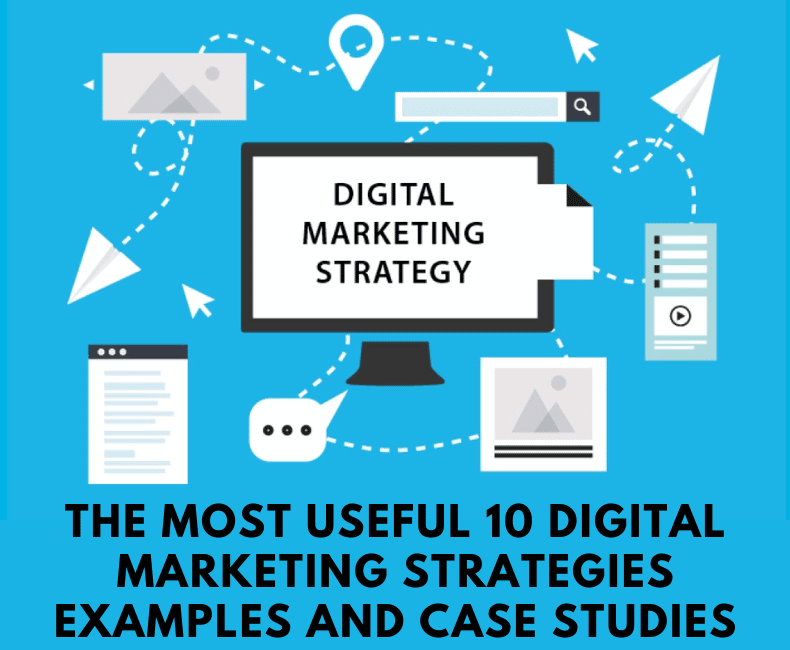If you are starting a business, you may be wondering, “How can a mobile application help my business?” You will want to consider all the benefits this marketing strategy has to offer, including its ability to secure a firm presence in your industry. This technology solution allows you to put your brand’s logo on the phone of your customers, and it will allow you to promote it after it has launched. Mobile apps have become extremely popular in recent years, due to their combination of convenience and the cool element of technology.
How do mobile apps help businesses grow?
While most business owners realize the potential of mobile applications, not all businesses take advantage of these features. For example, mobile apps help user’s complete tasks and enjoy services. Most mobile apps contain some form of task resolution, whether it’s a remote work tool, a shopping app, or a car remote control. Additionally, apps can be fun and entertaining, which keeps users hooked. These features, among many others, can increase business productivity, boost efficiency, and increase your competitive edge.
Traditionally, mobile applications have been associated with big brands. However, smaller startups have emerged as the biggest mobile businesses in the world. Apps such as Uber and Airbnb are great examples of small businesses leveraging technology to reach their target customers. Today’s purchasing psychology has changed, and consumers want information instantly. They can access information, shop, get updates on the go, and even pay for their purchases right from their phones. Businesses need to adapt to the new purchasing environment.
What are the benefits of using mobile apps?
The use of mobile apps can increase customer engagement. Instead of relying on phone calls or text messages, customers can use mobile apps to reach out to someone directly. If you’re running a restaurant, for example, using in-app messaging makes it easy for customers to book their table for a particular time and ask questions about the items they’re buying. If your business is more suited to catering, mobile apps can help you take reservations, handle customer support, and even take orders directly from your customers.
With more users than ever, businesses are changing their ways to engage with customers. They know they can hire an app developer, make their mobile apps more responsive to the needs of their customers, and engage with them on a deeper level than ever before. A mobile app for a business can increase brand recognition, enhance customer service, and create a loyal following for their brand. And because the cost of developing a mobile app is minimal, even small businesses can invest in it.
Why is an app good for a business?
The benefits of mobile apps for businesses are plentiful. They can be useful for small business owners by letting staff know how much money is coming in and out of their businesses. Many people prefer to pay instantly using an app such as Square, which makes tracking payments and processing easy. Customers also like the convenience of being able to pay instantly without having to wait for an e-check. Apps also enable two-way communication with customers. Since most mobile users spend a majority of their day on social media, they expect to be able to make an instant purchase.
Another benefit of an app is that it makes a business more visible. It can be used to deliver promotions through push notifications, prompting customers to download the app. If customers find these deals suitable, they are likely to make a purchase. The success of any business is largely determined by the speed with which it can respond to customers. Having a mobile app makes it easier for a business to increase sales and boost product visibility. An app ensures the same presentation of a business’s products and services on mobile devices, so customers can go through the same interface without having to switch back and forth.
How do mobile apps help the business?
The usage of mobile apps has increased in the last decade. The number of smartphone users is expected to hit 3.5 billion by 2020. There are currently over 1.4 billion smartphones on the market. This has increased the demand for mobile apps by big businesses. In order to get a higher ROI, business owners are using mobile apps for brand promotion and to learn more about their consumer base. However, this investment should not be undertaken lightly.
The development of mobile applications has brought about a lot of convenience to people’s lives. We can now access our bank accounts without visiting the bank. We can even order groceries at our doorstep. Fitness apps have made following morning and evening workout routines a piece of cake. Social media apps have reduced distances and made managing the business easier. All of these innovations have made it possible for businesses to increase their revenue and satisfy customers.
Advantages and disadvantages of mobile apps
There are several advantages and disadvantages to using mobile apps for business. For instance, mobile applications are generally more expensive to develop than web applications. In addition, native apps are often better designed to optimize the user experience. They often send push notifications, which increase engagement. Other advantages of using mobile applications are that they provide a more personalized experience for customers. Nevertheless, the costs involved may make them less appealing for some businesses.
Unlike traditional websites, mobile applications are designed to reach the customer on the go. These applications allow for the creation of personalized updates and notifications. Because the users have access to their information on any device, mobile apps give business owners greater control over their brands. The same mobile apps can offer unique services to customers. This makes them more loyal to a brand, which can boost customer acquisition. While this process can be difficult, mobile apps offer many advantages for businesses.
With their ease of use, mobile apps are ideal for salons, hair salons, and aesthetic medicine centers. They make it easier to schedule appointments and view interactive price lists. Users also benefit from the convenience of being able to communicate with the business through an app. In addition to helping customers, mobile apps make record keeping much easier. With the help of an app, you can track downloads, customer engagement levels, and product interest.
Which is a better app or website?
There are pros and cons of both websites and apps. A website is better if your main business objective is to engage customers and engage with them on a daily basis. However, an app may be more effective if you’re looking to increase security and privacy for sensitive information. In addition, websites are more flexible and easier to update, making them a better option for businesses that rely on regular usage. To determine which is best for your business, consider your ultimate goals.
The first obvious difference is the degree of user interaction. A website offers information, while an app offers interactive features. The latter requires more user interaction, whereas a website primarily serves the purpose of providing information. Besides, a website is more expensive than an app because it requires a lot of maintenance and support. However, a mobile application can offer a wider range of features and revenue. For example, a gym could record classes and sell them to a growing audience of people interested in home workouts.
How do you know if a company needs an app?
If you have a company, you might be asking yourself: Does my company need an app? This can be a tricky question, especially if you are not a techy. Fortunately, there are some great benefits of apps. For starters, they help your company track where customers are coming from. This way, you can learn which parts of the world are most interested in your product. In addition, if you want to create a mobile application that drives sales, you should make sure it links to your overall business plan.
While an app might not be necessary for every business, there are some key reasons a company might want one. Not all businesses have the budget to hire an app development team, and some can survive without it. While it is important to have a presence on the web, not every company needs a mobile app. A business that relies heavily on customer relationships may not need an app, but one that serves the needs of recurring customers could be a good fit for an app.
Ending Lines:
So in short mobile App help your business to reach more users on the internet. Having a mobile app is similar to having a website. The difference is to use mobile app users have to download your app from the Google play store or iOS app store but to see a website users only have to visit the dedicated URL of your website. Most of the business owners having a website but they forget the importance of a mobile app. Do you have any question? Please let us know in the comments below.





